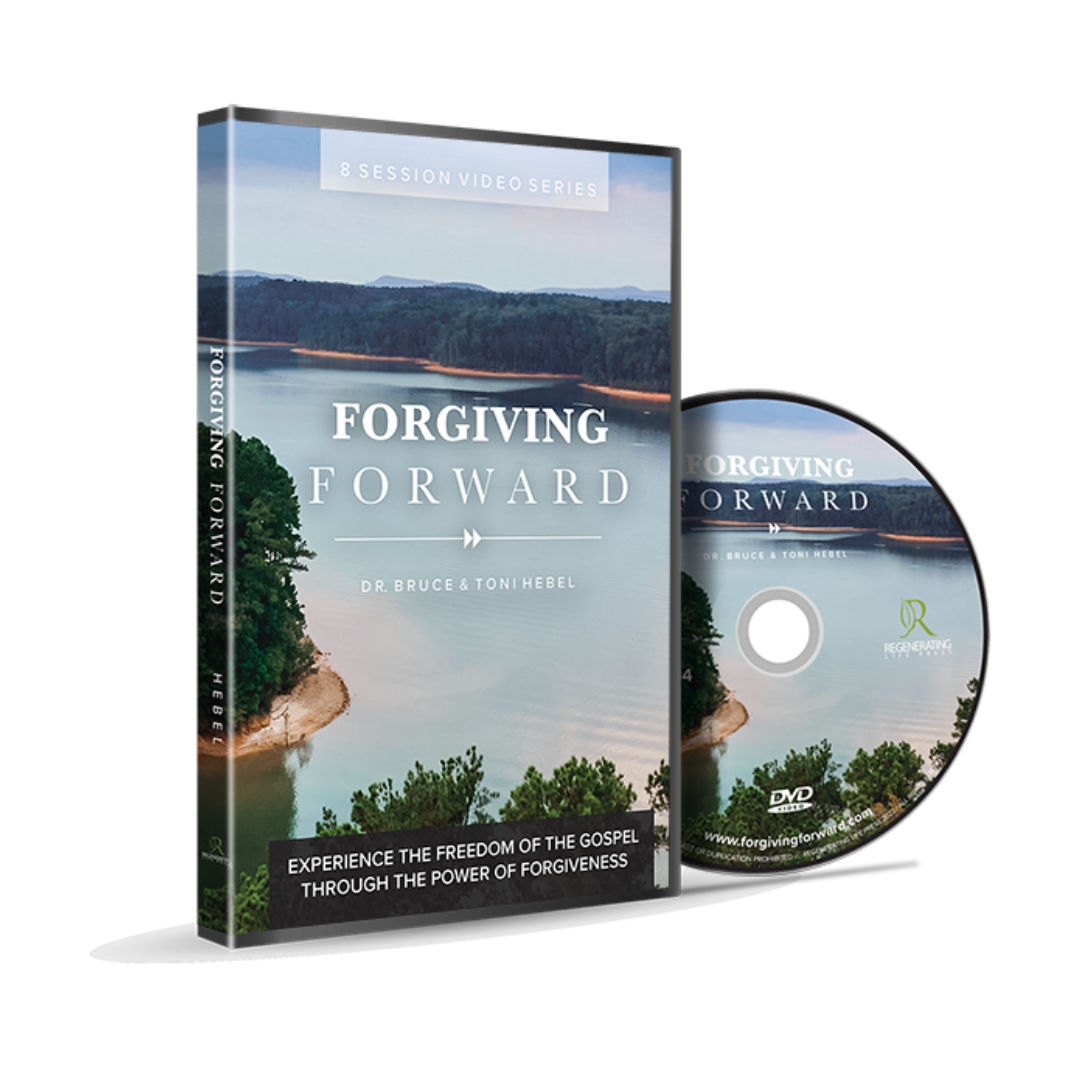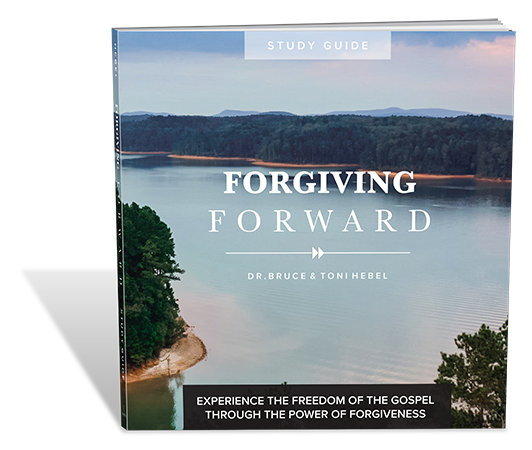Forgiving Your Way to a Healthy Marriage
Michelle woke up early and quietly slipped out of bed without disturbing Jason. They had just returned from their honeymoon and Michelle wanted to surprise her new husband with breakfast in bed on their first morning in a new apartment together. She carefully and quietly mixed together a batch of homemade biscuits, which she served with eggs over medium, bacon and fresh fruit. And, of course, fresh ground coffee, Jason's favorite blend. She made sure everything was just right and perfectly placed on the tray as she slipped back into the bedroom and woke up her new husband. Jason was thrilled, though a bit groggy. He had never been served that before. He took a bite of the fresh biscuit covered with butter and said "Honey, how did you make these biscuits? They're not anything like my Mom’s!" With that, Michelle, dumped the entire tray in Jason's lap and screamed "I can't do anything right!" She then ran into the bathroom, slammed and locked the door.
Was Jason’s comment insensitive or encouraging? Was Michelle justified in her reaction or did she overreact? Would it be helpful to know that Michelle's mother died when she was young, and she was raised by an insensitive father who consistently gave corrective feedback with little encouragement? Since she was the oldest child, she took the brunt of her father's grief and insensitivity. Growing up she never felt like he was pleased with anything she did or was good enough. On the other hand, Jason was raised in a great home, with loving parents. His mother was very active in his life but cooking was not one of her strengths. She had never made a homemade biscuit in her life. Every biscuit Jason had eaten at home before this day was from a can. When Jason said: "Honey, how did you make these biscuits? They're nothing like my Mom’s”, he was thinking that these were the best biscuits he's ever had. He couldn't believe how good they were. What Michelle heard was her father's voice saying: "How did you make these biscuits? They're not nearly as good as my Mom's.” Rather than hearing the loving complementary voice of her new husband, she heard the tormenting voice from her past.
Marriages are often destroyed by unforgiveness of the wounds of past relationships. Notice that I did not say that marriage is destroyed by the wounds of past relationships, but by unforgiveness. Many well-meaning people would look at Jason and Michelle's story and place the blame on Michelle's father. These people would say that Michelle has been so damaged by her father that it will take years of re-training her so that she does not hear the condemnation messages that caused her reaction to Jason's question. But would it shock you to learn that Jesus taught something very different than that? In fact, Jesus taught just the opposite. He taught that the tormenting that we experience in our lives is caused by our unforgiveness, not the people who wounded us.
In Matthew 18:21-35 Jesus reveals how seriously God takes our unwillingness to forgive others of their offenses against us. He uses the story of a wealthy man who came to collect debts from servants who owed him money. One particular servant owed him 10,000 talents, which is equivalent to 150,000 years worth of wages. That's a lot of money, but the wealthy man showed compassion and forgave the debt. All of it! The servant went and demanded payment from another servant who owed him 100 days wages. When he couldn't pay it back, the servant who had been forgiven the huge debt threw his fellow servant in prison. The one who had been forgiven much refused to extend the same compassion that he had received.
The wealthy man was justifiably angered by this and “handed him over to the torturers until he should repay all that was owed him.” (Matt 18:34) I think if we all were watching this we would've applauded the wealthy man's rebuke to the ungrateful servant. But it's what Jesus said next that is so shocking. Speaking to Peter, Jesus said "so shall my heavenly father also do to you, if each of you does not forgive his brother from your heart." What Jesus is literally saying is that if we refuse to forgive anyone who has wounded us, our Heavenly Father will turn us over to tormenting forces until we forgive. And there are no exceptions to this. You see, we are not tormented by what happened to us in the past, we are tormented because we have not forgiven what happened in the past.
So how does this relate to Michelle and Jason? Or more pointedly, how does this relate to marriage? The principle is this. If we don't forgive the wounds of our past we will project those wounds onto the people in our present, and the people we love the most will be made to pay for things they had nothing to do with. We will often misread our spouse’s comments and actions if we've not forgiven our mom and dad, or our ex-boyfriend or ex-girlfriend. Whenever a conflict arises in a marriage and someone says “Where did that come from?” there's a good chance that unforgiveness is at the root.
Recently a couple came to us as a last resort. The wife had lost all hope and they were clearly heading for a divorce. As my wife and I worked with these two hurting people, we begin to recognize the telltale signs of unforgiveness. We helped them to discover the deep wounds from their childhood, their past relationships, and from each other that were tormenting them both. As we walked them individually through the protocols of forgiveness, we witnessed two unbelievable transformations. They were set free! They were arm in arm as they walked to their car. Their marriage was restored through the power of forgiveness.
Ruth Bell Graham, wife of the legendary evangelist Billy Graham, once said, “A happy marriage is the union of two good forgivers.” How true! If you are struggling in your marriage, maybe the issue is not with your mate, but rather with old wounds that God wants you to forgive. When you choose to forgive those wounds by applying the blood of Jesus as payment in full for everything that happened to you, you will begin to experience a marriage filled with the freedom of the Gospel!






